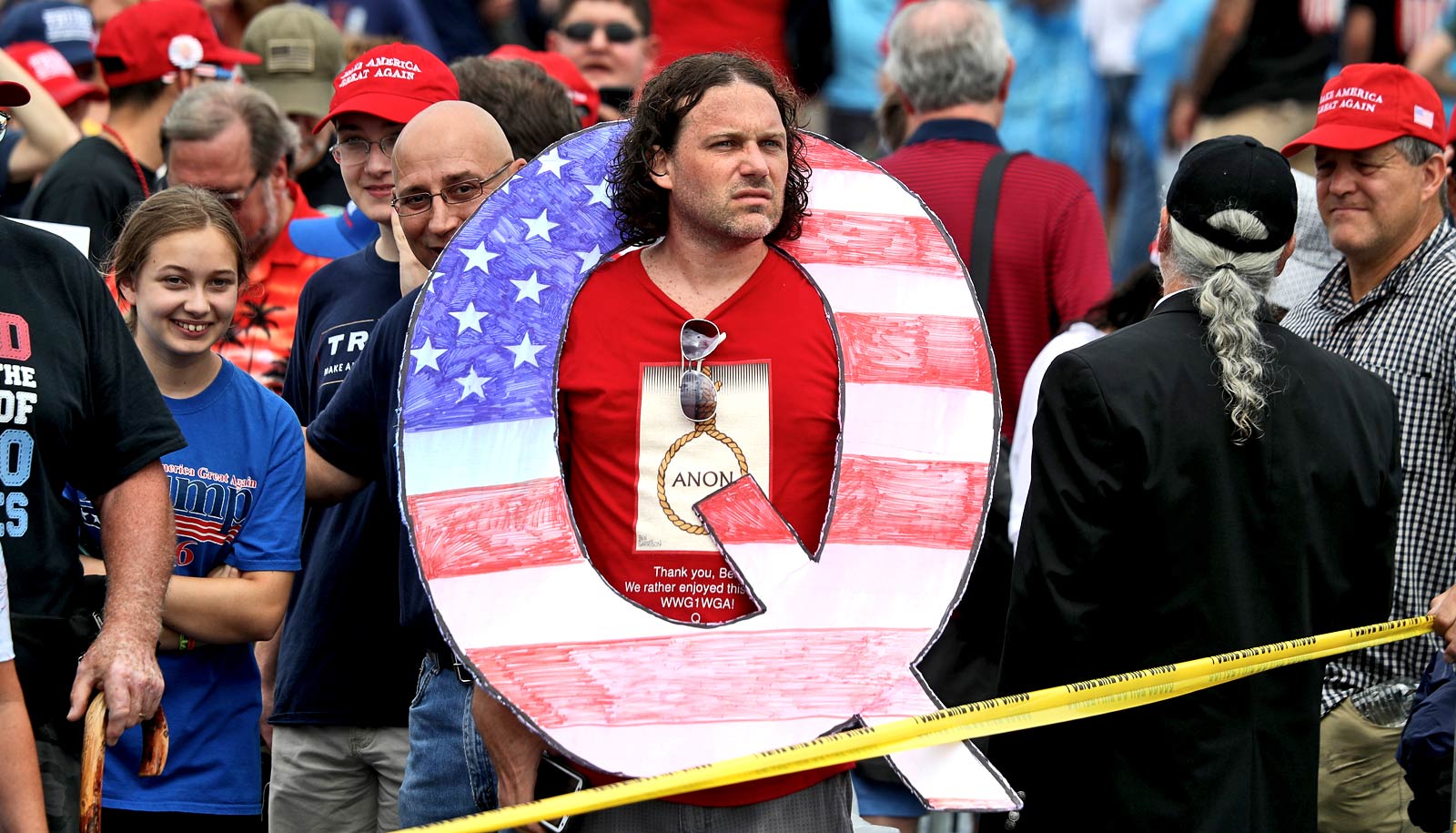Exposure to conspiracy theories suggesting COVID-19 was human-engineered can have a powerful impact on a person’s beliefs, a new study shows.
Researchers say the exposure can outweigh the influence of science-based messaging and reduce willingness to act to reduce the spread of the disease.
“Conspiracy rhetoric can have a profound impact and overpower scientific information.”
A single exposure to conspiracy rhetoric about the origin of COVID-19, alone or in competition with the natural or “zoonotic” scientific explanation, results in a “conspiracy effect” in which individuals become less likely to view actions such as wearing face masks, frequent handwashing, and social distancing as necessary to mitigating the virus’s spread.
Researchers Toby Bolsen, Risa Palm, and Justin Kingsland, all of Georgia State University, randomly surveyed 1,074 respondents during a five-day period from late April to early May. These subjects were exposed to an article formatted to mimic a news story about the origin of COVID-19, each varying in headline and content. Thirty-three percent identified as Republicans, 40% as Democrats, and 27% as Independents.
People who read only the science-based article, when questioned later, were more likely to believe the virus originated naturally from zoonotic (bat) transmission. They also expressed more support for additional biomedical research funding to identify harmful coronaviruses. Those who read the article suggesting COVID-19 was created in a lab by the Chinese government, as well as those who read both versions, were more willing to penalize China. Their intentions to practice necessary public health and safety measures were also reduced.
“Conspiracy rhetoric can have a profound impact and overpower scientific information,” says Palm, professor at the Urban Studies Institute at Georgia State. “In today’s media environment, where individuals may be repeatedly exposed to conspiracy messages, our findings may actually understate the effects of this exposure.”
“It is important to account for how repeated exposure to conspiracy theories may influence related beliefs in settings that more accurately mimic the real-world information environment,” says Bolsen, associate professor of American politics and of political science. “This would provide an opportunity to assess the persistence of the effects of both scientific and conspiratorial messaging on audiences.”
The epidemic of misinformation accompanying the spread of COVID-19 has eroded trust in science and misled individuals about the most effective precautions they can take to quell the virus and ensure safety, the authors conclude.
“It is urgent that as we seek to control the spread of this and future viruses, we come up with ways to combat misleading and damaging conspiracy rhetoric,” says Palm.
The findings appear in Science Communication.
Source: Georgia State University



